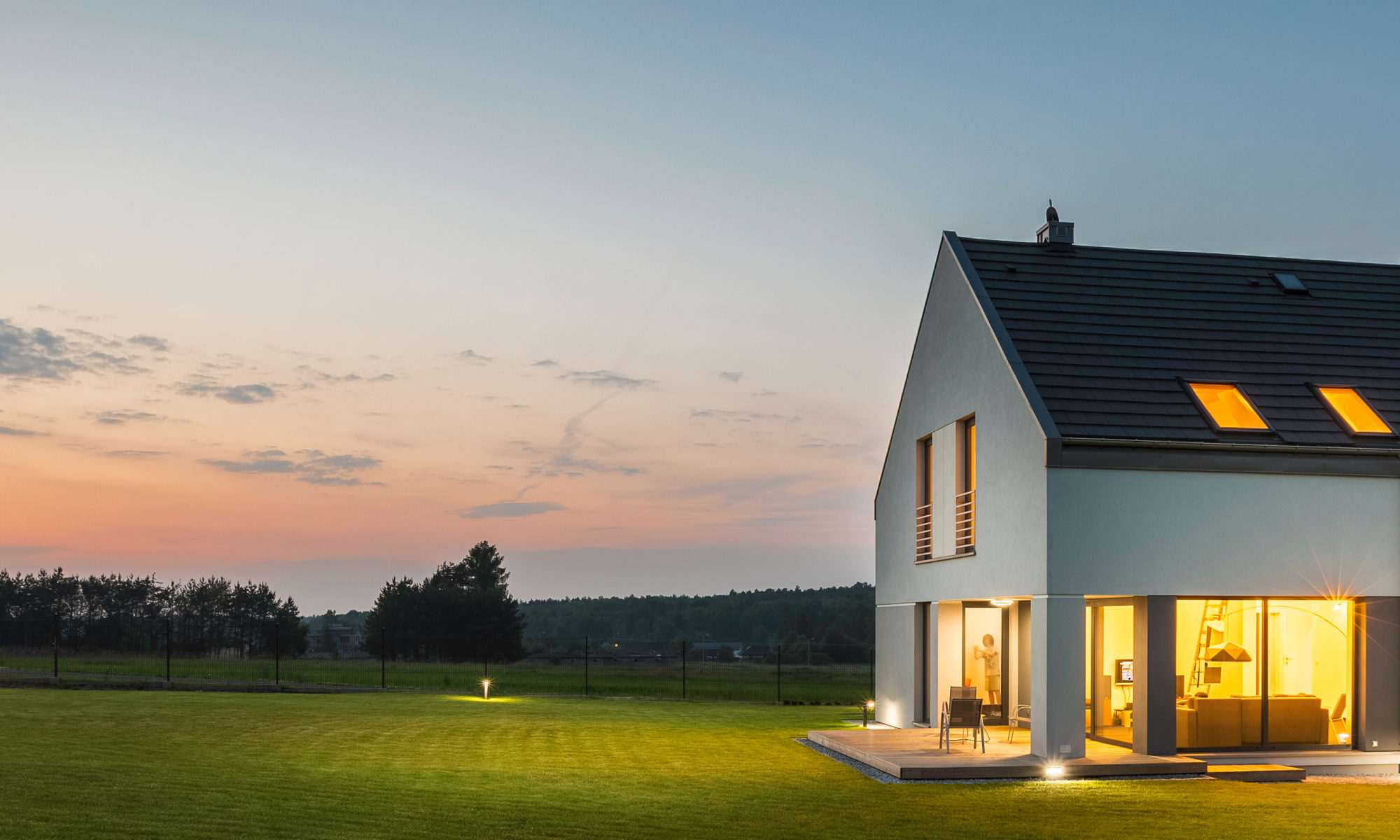
The aim of the project ‘Adoption of V4 buildings to nZEB standard using natural and bio-based materials’ is to familiarize experts, engineers, as well as local authorities that deep renovation of building stocks does not have to mean an investment in expensive systems and materials.
The idea of efficient building refurbishment (e.g. to nZEB standard) is nowadays often connected with installation of significant amounts of conventional thermal insulations, such as polystyrene, polyurethane or mineral wool. Sadly, these popular thermal insulations have rather high embodied environmental impacts. Moreover their waste is long lasting and their recycling is currently uneconomical. Therefore these materials are commonly incinerated or landfilled at the end of their life cycle. Besides that, using incompatible thermal insulation on the building envelope could change hygrothermal behaviour of whole building. This could lead to deterioration of the original structures, which contradicts the aim of the refurbishment.
Existing works and guides on refurbishing buildings to nZEB standard are mostly focusing on conventional materials. They are also using simplified thermal calculations, which cannot address deterioration of the hygrothermal properties due to built-in conditions and ageing. This is related to another often underestimated issue: Lack of reliable data on the materials of the building stock containing the effect of ageing and deterioration of the hygrothermal properties.
Therefore proposed project focuses on bio- and natural-based materials. It will analyse, develop and propose concepts for application of these environmentally friendly materials as thermal insulation in conventional buildings (improving them to nZEBs) in V4 countries using advanced conjugated dynamic hygrothermal and environmental simulation and measuring methods.

